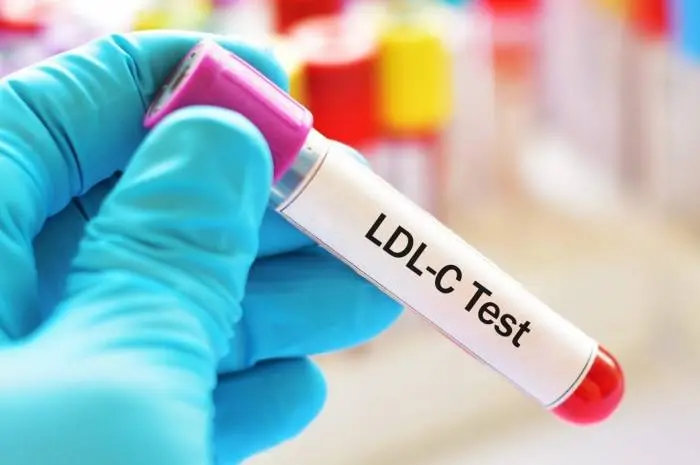Cholesterol is a waxy, fat-like substance that is produced in the liver and acquired through diet. It plays a vital role in the formation of cell membranes, certain hormones, and vitamin D. However, when its levels in the blood are too high, it can lead to a range of health issues, particularly cardiovascular disease. Understanding what causes high cholesterol can help in devising strategies to manage and prevent it effectively.
1. The Role of Cholesterol
Cholesterol is transported through the bloodstream in particles called lipoproteins. low-density lipoprotein (LDL) and high-density lipoprotein (HDL). LDL, often referred to as ‘bad’ cholesterol, can build up in the arteries, leading to atherosclerosis, a condition characterized by hardening and narrowing of the arteries.
The balance between these two types of lipoproteins significantly influences the risk of developing high cholesterol and related health problems.
2. Causes of High Cholesterol
High cholesterol, also known as hypercholesterolemia, can be influenced by a variety of factors, including genetic predisposition, lifestyle choices, and underlying medical conditions.
1. Genetic Factors
Some people inherit genes from their parents that cause them to produce too much cholesterol. A common genetic disorder that can lead to high cholesterol is familial hypercholesterolemia.
Individuals with this condition have high levels of LDL cholesterol from birth, which can lead to the early onset of atherosclerosis and heart disease if not properly managed.
2. Lifestyle Factors
Unhealthy lifestyle choices are often a significant contributor to high cholesterol levels:
- Poor Diet: Consuming saturated fats (found in red meat and full-fat dairy products) and trans fats (found in some fried and commercially baked products) can raise your cholesterol levels.
- Lack of Physical Activity: Regular exercise boosts the body’s levels of HDL cholesterol while increasing the size of LDL particles, making them less harmful.
- Obesity: Having a body mass index (BMI) of 30 or greater increases the risk of high cholesterol.
- Smoking: Cigarette smoking damages the walls of your blood vessels, making them more prone to accumulate fatty deposits. Smoking might also lower your level of HDL cholesterol.
- Excessive Alcohol Use: Moderate alcohol consumption can potentially increase HDL cholesterol levels. However, excessive drinking is linked with higher levels of LDL cholesterol and can lead to high blood pressure, heart failure, and strokes.
3. Medical Conditions
Several underlying medical conditions can also lead to high cholesterol, including diabetes, hypothyroidism, liver diseases, and kidney diseases. These conditions can alter the metabolism or processing of fats and cholesterol, leading to increased levels of LDL cholesterol and decreased HDL cholesterol.
3. Management and Prevention of High Cholesterol
Managing high cholesterol typically involves a combination of lifestyle modifications and, in some cases, medication. Key lifestyle changes include:
- Healthy Eating: Opting for a diet low in saturated and trans fats and high in whole grains, fruits, vegetables, and lean proteins can help lower cholesterol levels.
- Regular Exercise: Engaging in physical activity most days of the week can increase HDL cholesterol and decrease LDL cholesterol.
- Weight Management: Achieving and maintaining a healthy weight contributes to better cholesterol levels.
- Smoking Cessation and Limiting Alcohol: Quitting smoking and limiting alcohol consumption can improve overall cholesterol levels.
If lifestyle changes are not enough, your doctor might prescribe medications to help lower your cholesterol levels. The choice of medication depends on your health situation, your risk of heart disease, and possible side effects.
Conclusion
High cholesterol can be caused by a variety of factors, including genetic predisposition, lifestyle choices, and underlying medical conditions. Understanding these factors can help individuals make informed decisions about their health and adopt strategies to effectively manage and prevent high cholesterol.
Although high cholesterol often presents no symptoms, left unchecked, it can lead to severe health complications such as heart disease and stroke. Regular cholesterol screening is therefore essential, particularly for individuals with a family history of high cholesterol or heart disease, or for those with other risk factors like obesity or diabetes.




